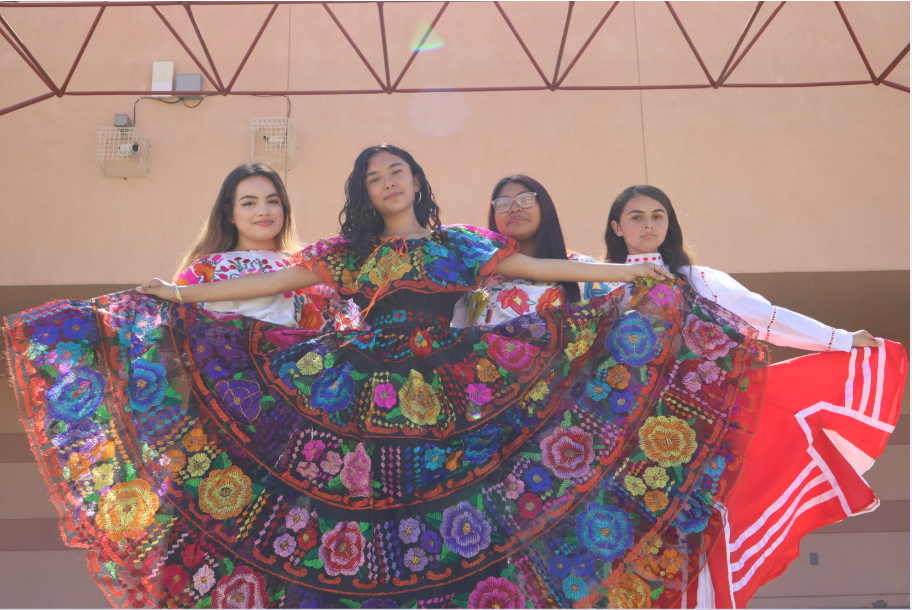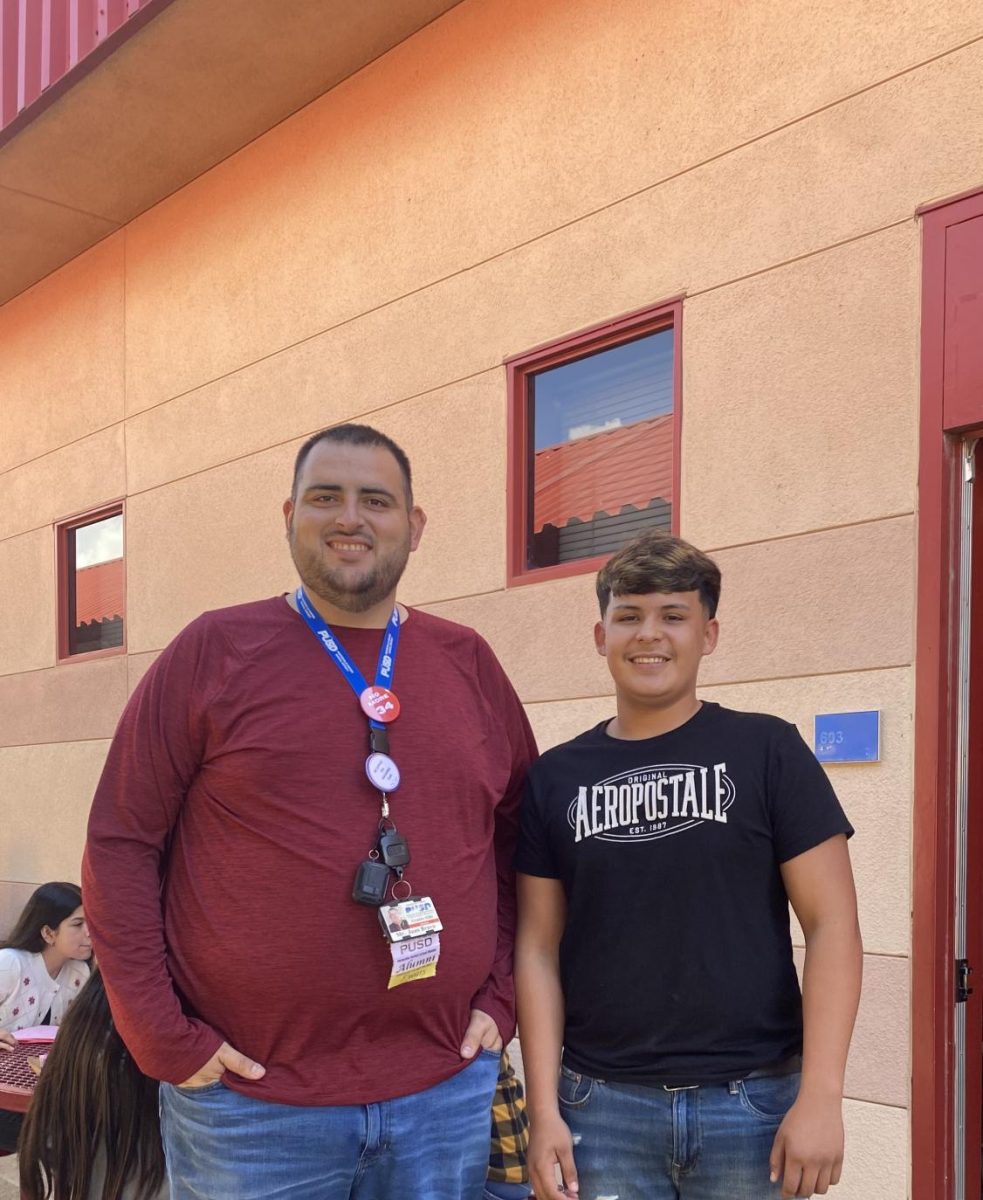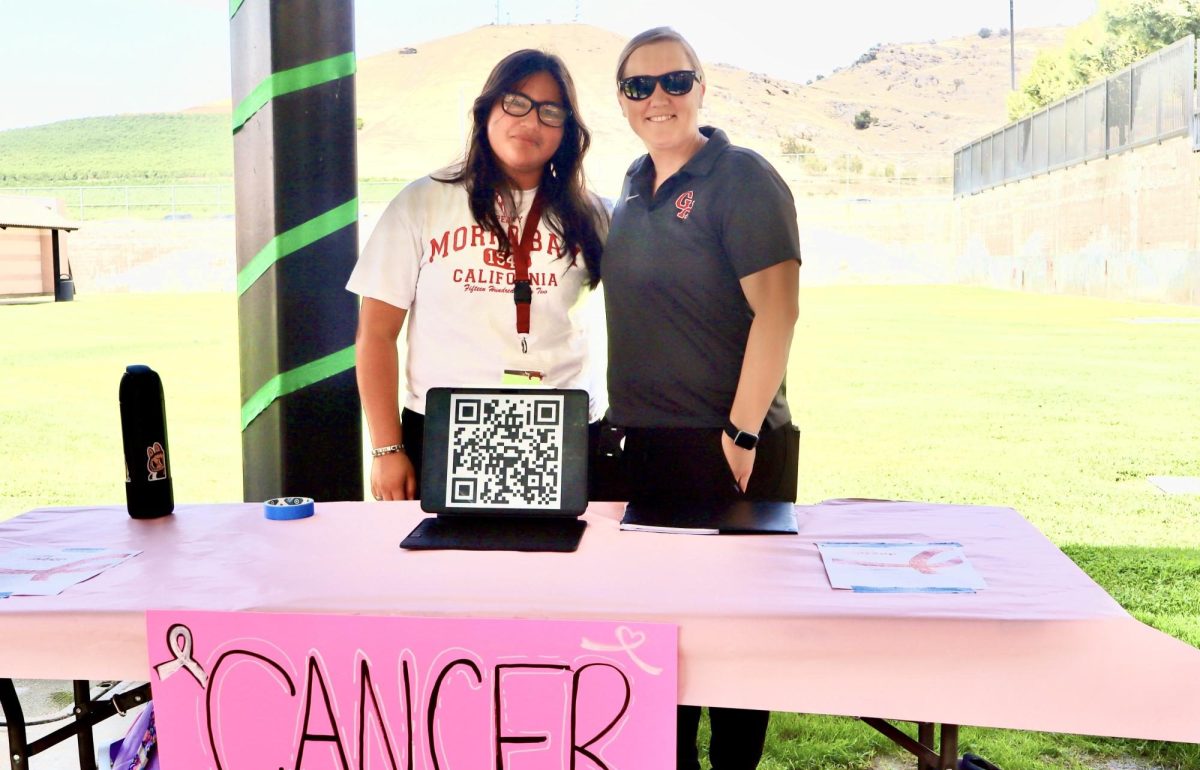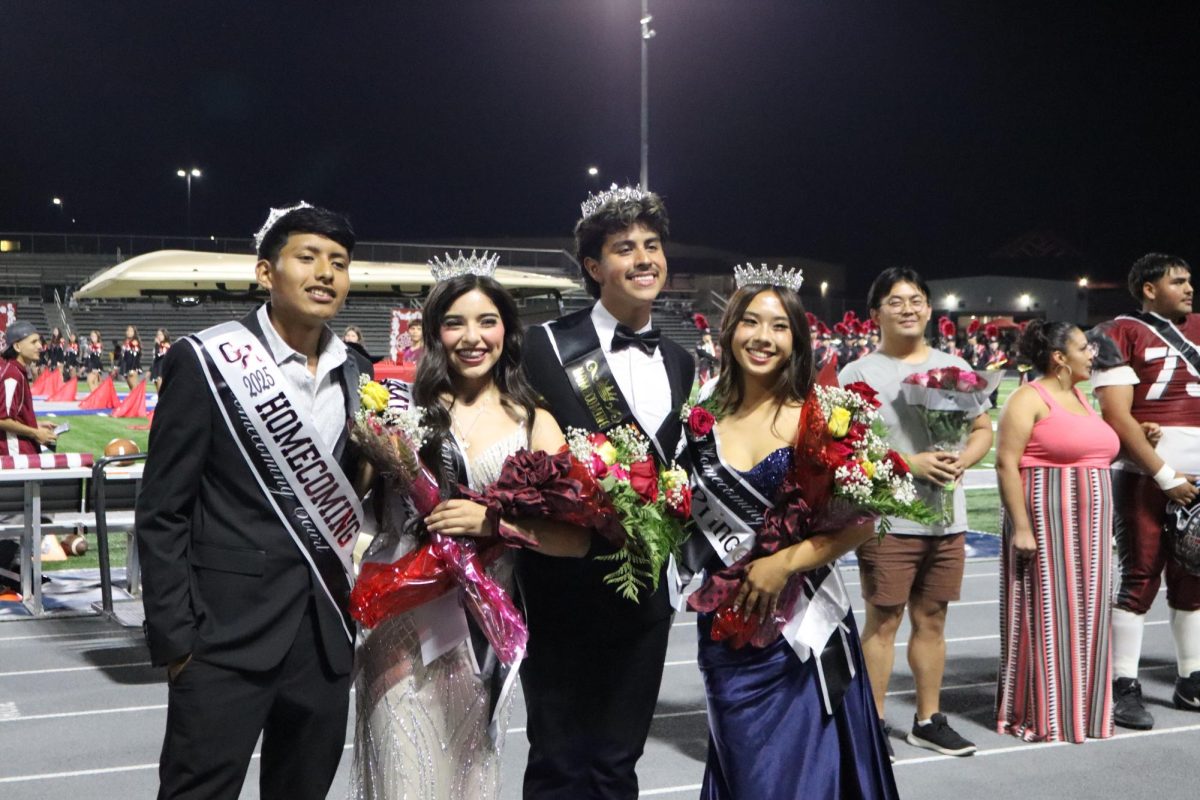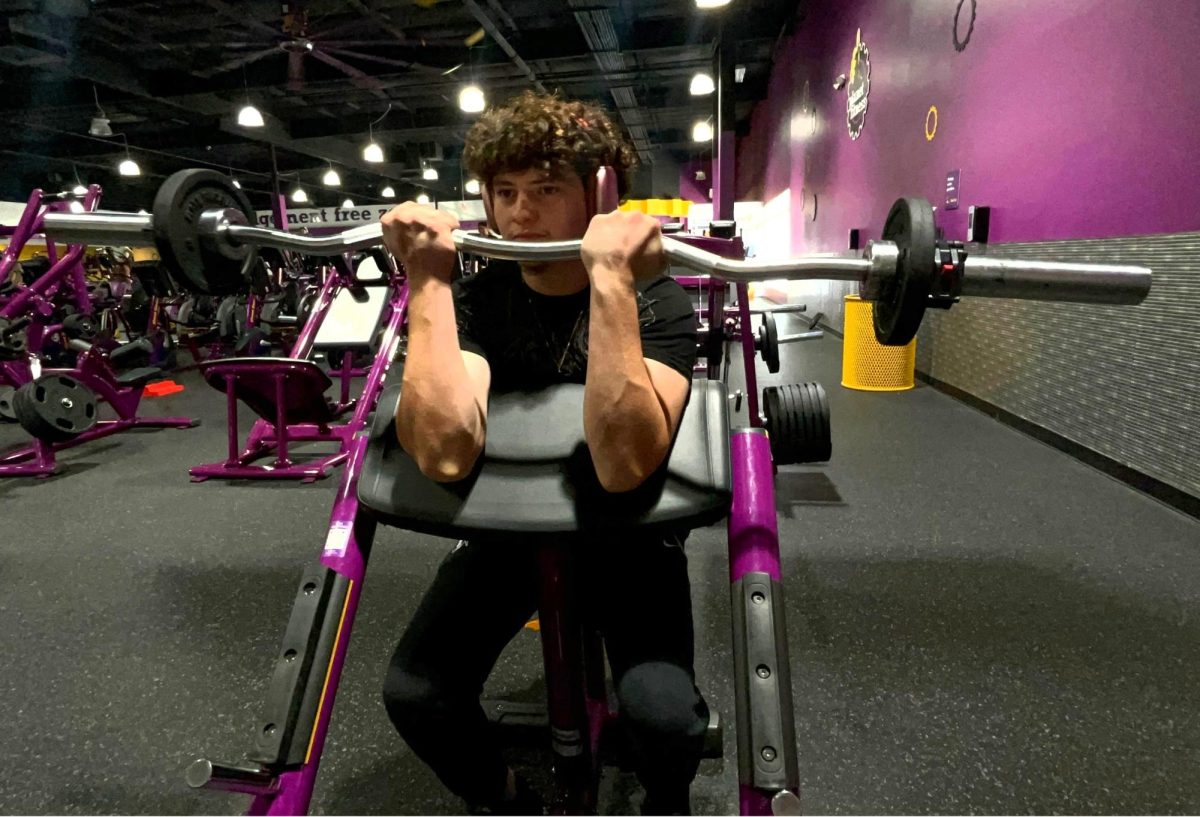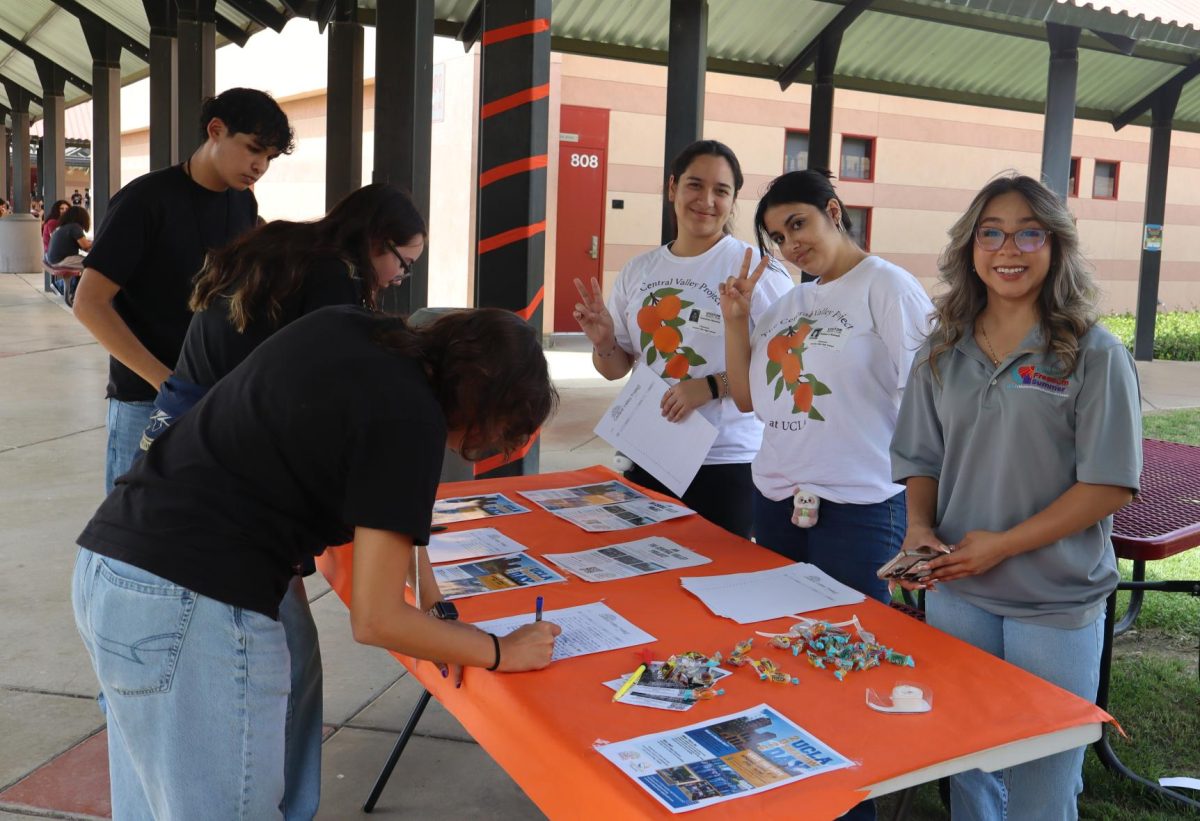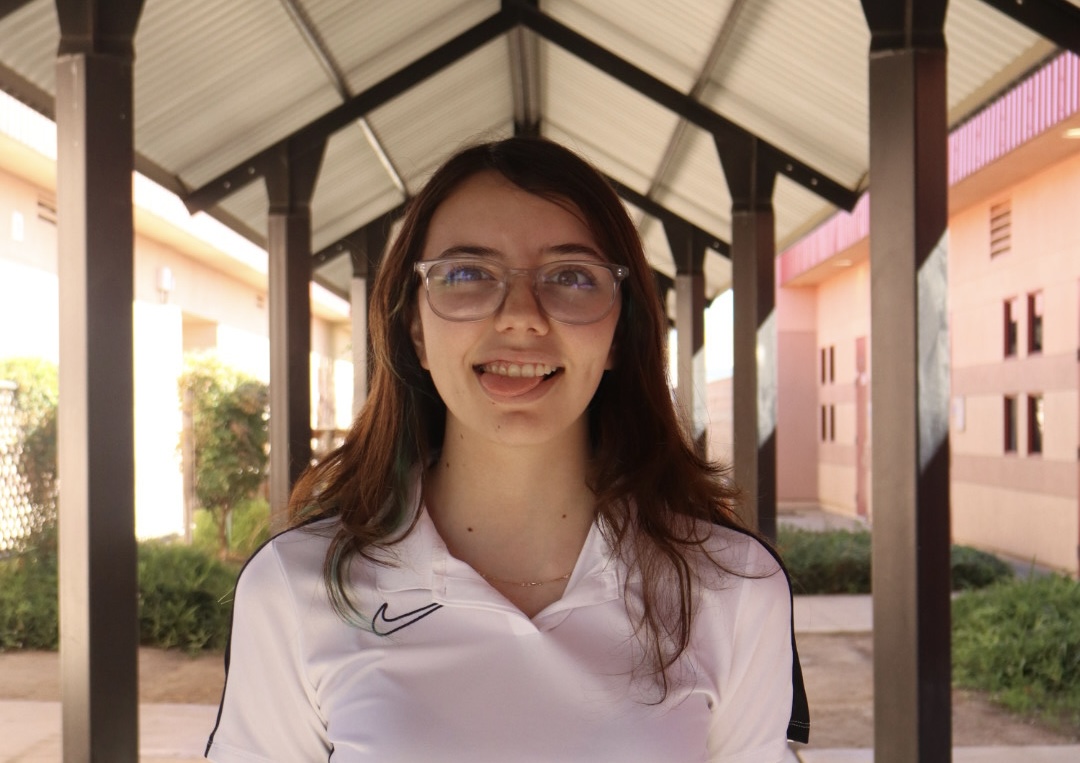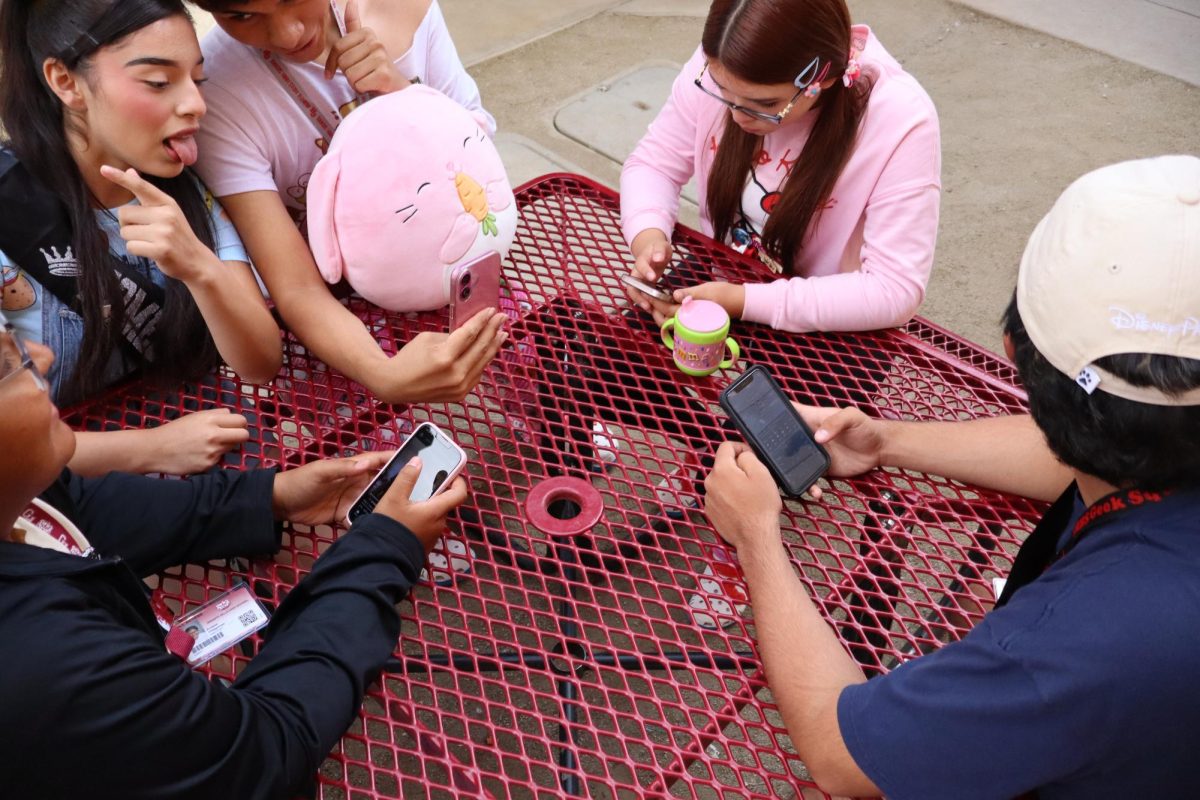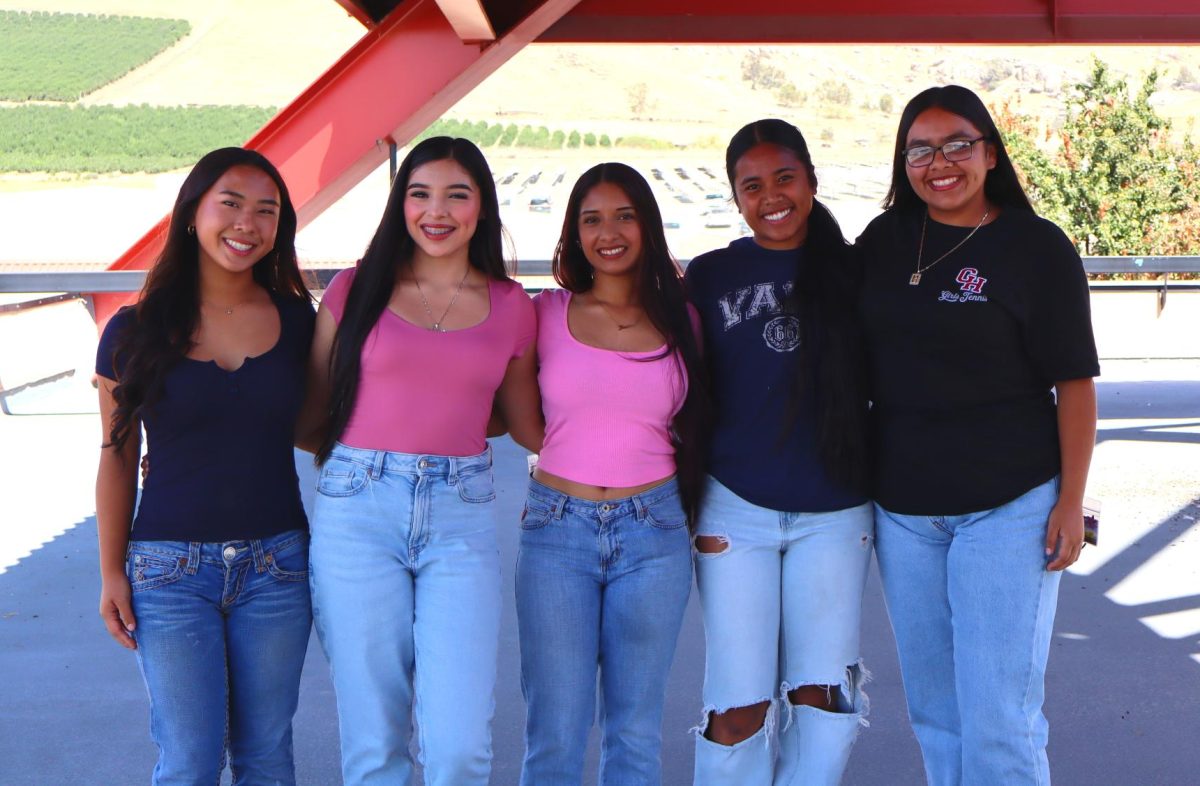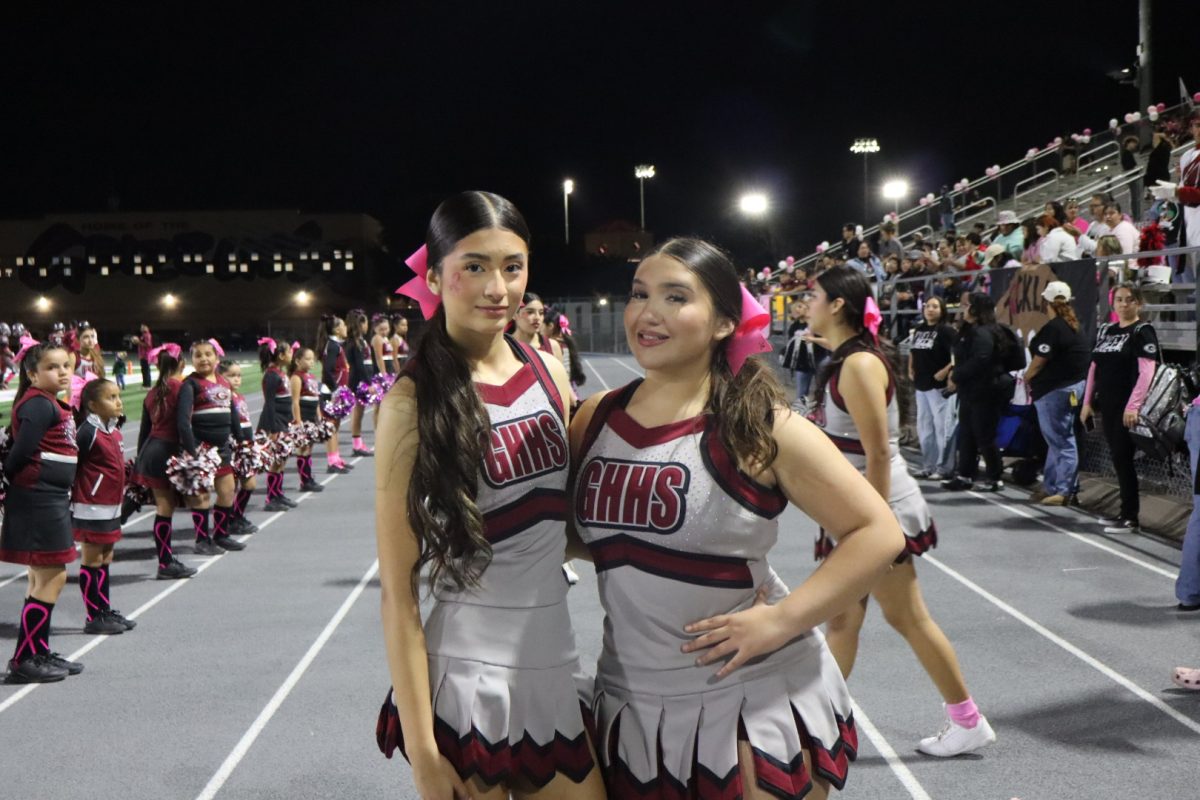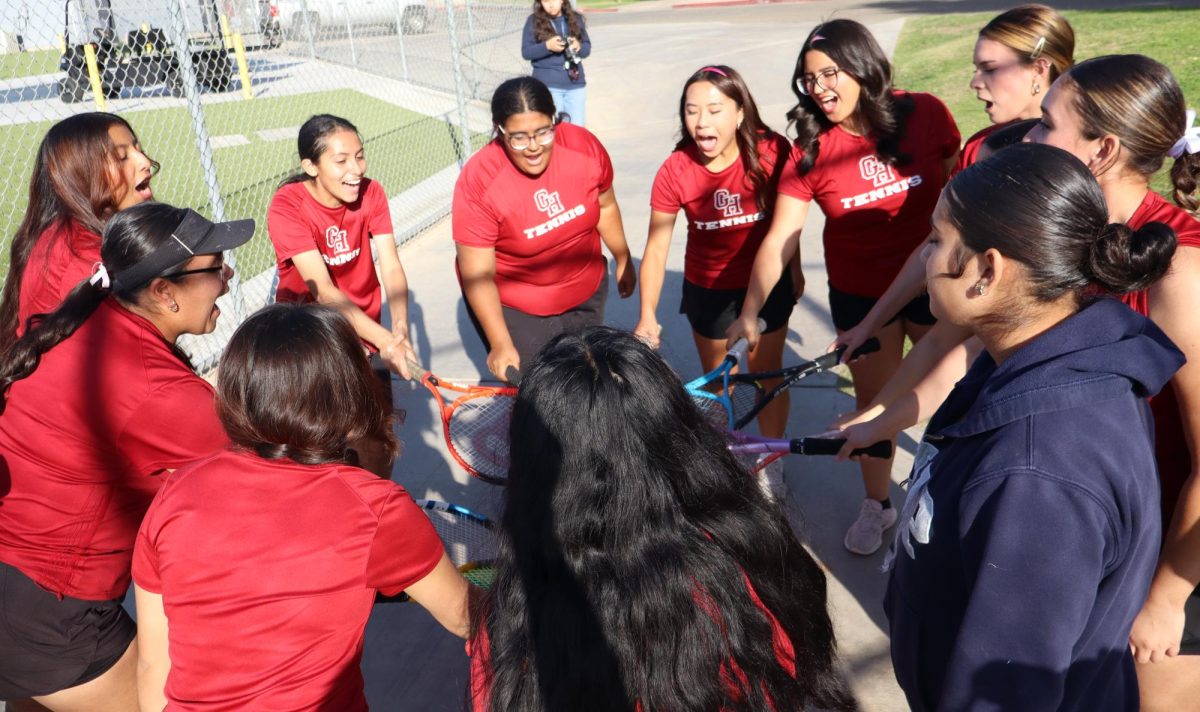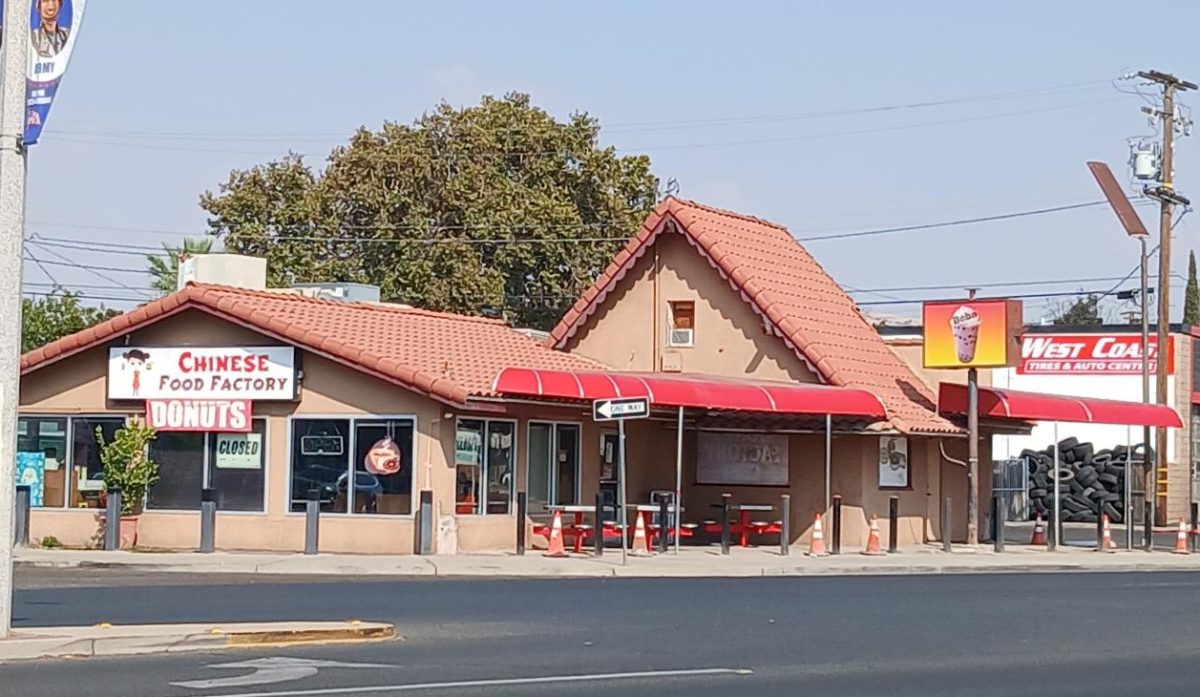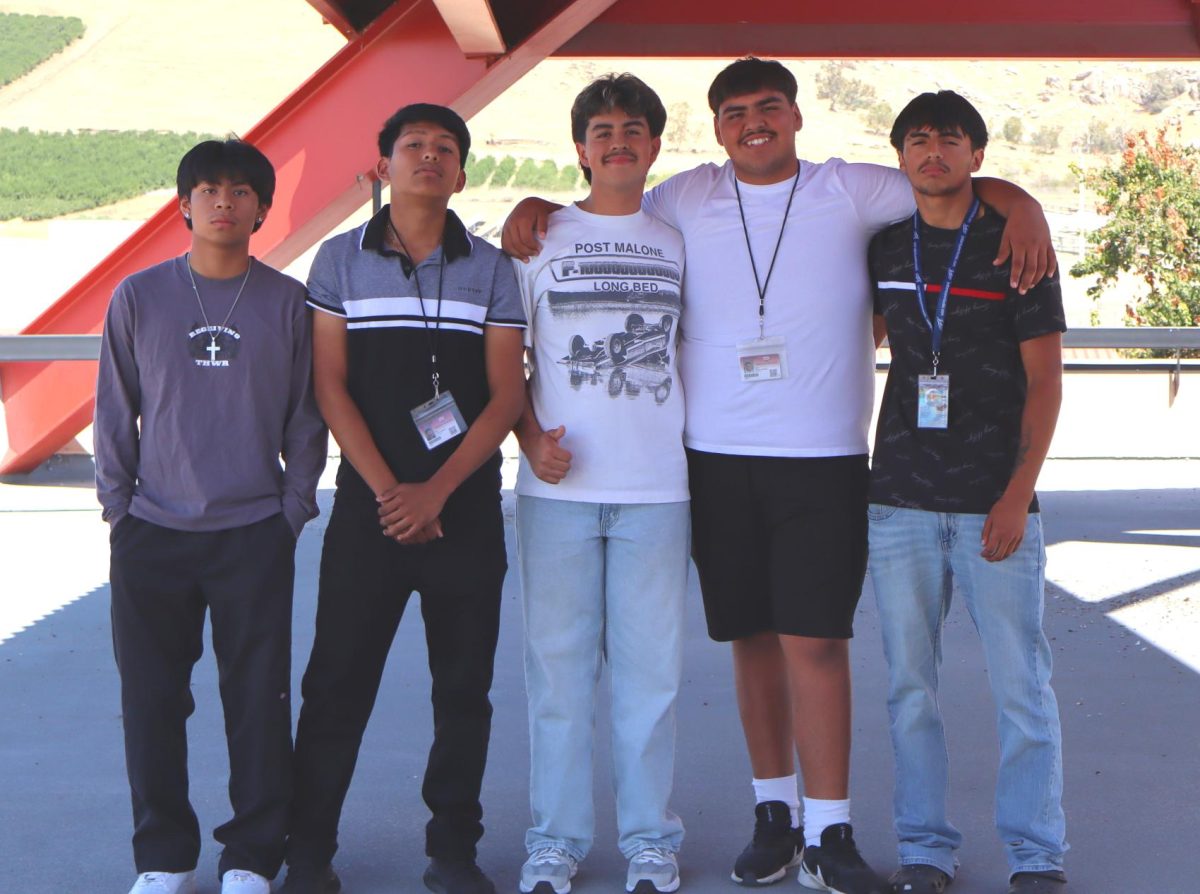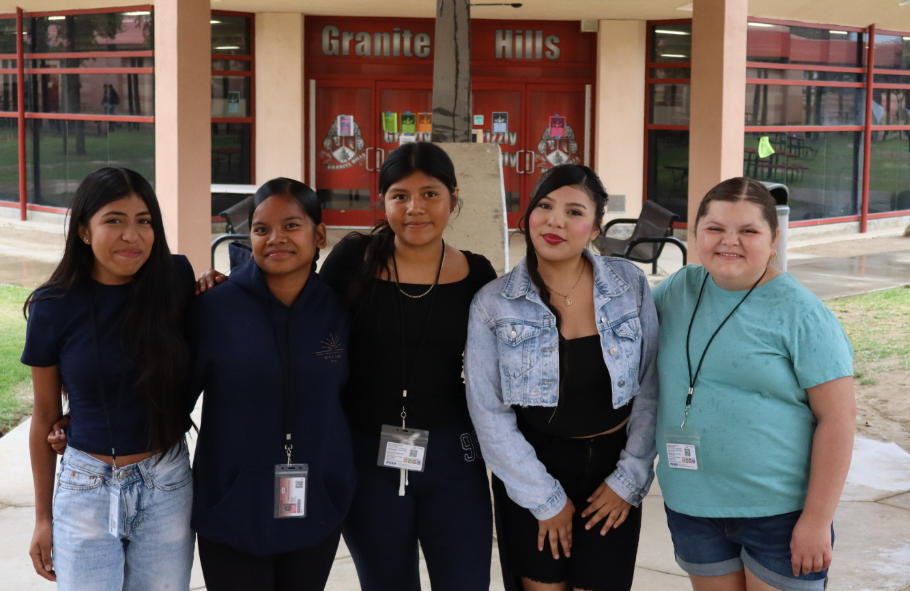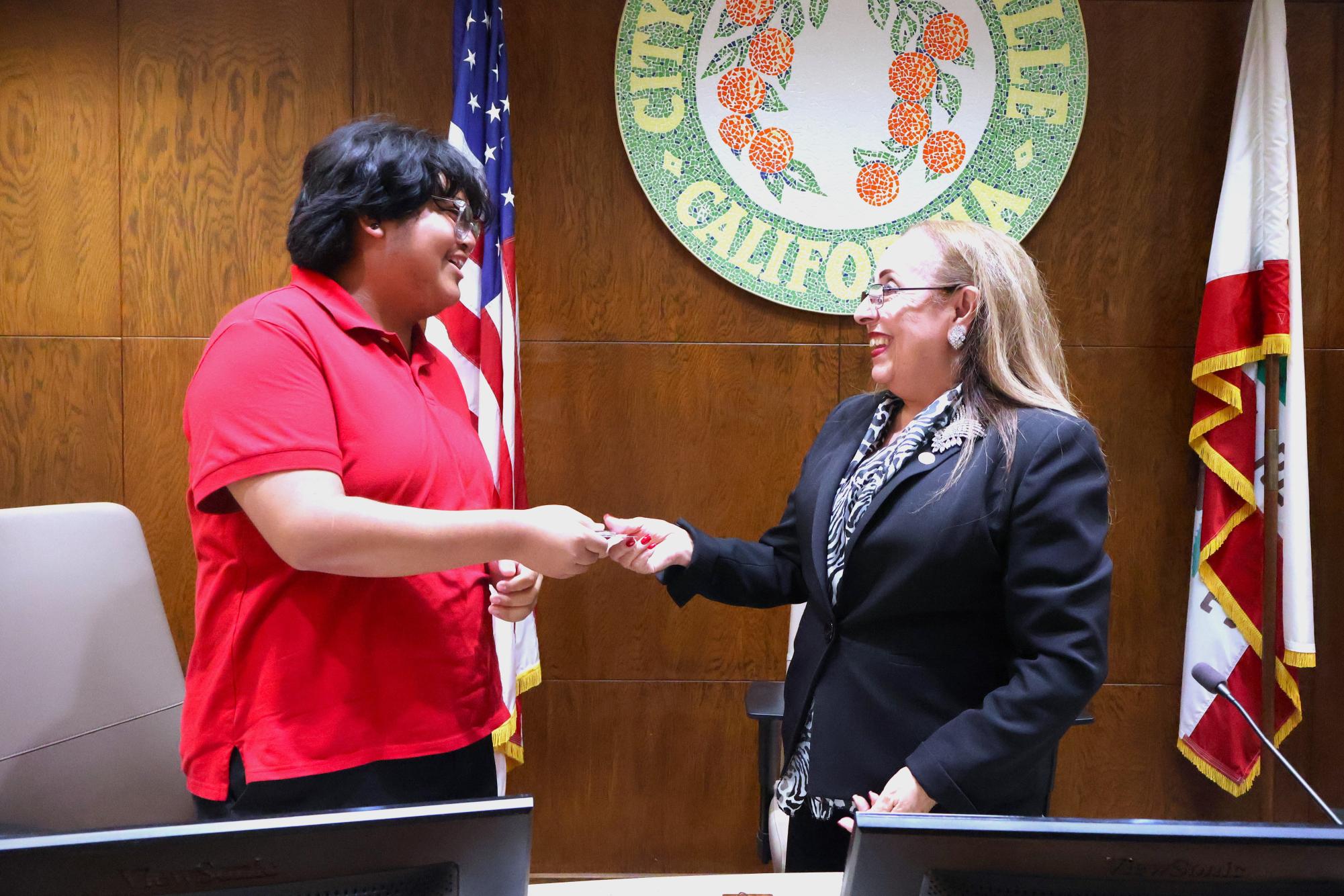
Why Your Vote Matters: A Guide for First-Time Voters

Americans will elect the next president of the United States of America on Nov. 5.
For high school seniors who have already turned 18, Election Day is a chance for them to voice their opinions and impact their country by exercising their right to vote for the first time.
Historically, young voters did not have a say in this nation but that changed in 1971. The 26th Amendment was ratified, lowering the voting age from 21 to 18. In recent years, young voters have flocked to the polls. This year is no different as young voters are expected to vote like never before.
Elections are important, it’s the foundation of democracy. They serve as the primary way for citizens to participate in governance and express their preferences for leaders and politics. They hold elected leaders accountable, allowing voters to reward or punish them based on their performance. Through elections, various perspectives and interests are represented in the government. This ensures that every community is taken into account when policies are drawn up.
Elections have consequences. That’s why everyone, especially young voters, must exercise the right to vote.
“Why would you not exercise your right to vote?” Porterville Mayor Martha A. Flores said. “ It does make a difference.”

Flores was born and raised in Porterville. She has one son, who is a teacher at Monache High School. Flores also takes pride in being a grandmother to two grandsons.
Flores attended school in Porterville. She was in the first graduating class of Monache in 1971. She attended Porterville Community College after high school.
After completing her higher education, she dedicated her time and efforts to the community. She was an executive-level administrative assistant with Porterville Unified School District, retiring after an astonishing 28-year-long career.
Flores has an extensive history of involvement in the Porterville community and Tulare County. She is involved in various local organizations and various board and tack force committees. These organizations include but are not limited to: Women’s Day Conference, Central California Crisis Center, Tulare County Task Force on Domestic Violence, Comision Honorifica Mexicana Americana, Sierra View Foundation, El Futuro Credit Union, Tulare Kings Hispanic Chamber of Commerce, and Family HealthCare Network.
She was not just a member but she served in leadership roles as Chair, Vice-Chair, and Secretary for many of these organizations. She also founded and coordinated “Frugal Fashion,” where people of the community went to thrift stores, and put outfits together.
After retiring from the Porterville Unified School District, she began her run for bigger ambitions. She ran for Porterville City Council, and she won. As a member of the City Council, she was selected by her peers to represent Porterville as the mayor.
Being the mayor of a growing city takes dedication and time management. Flores is in various organizations and committees that meet to discuss action to make life better for the city of Porterville and Tulare County as a whole. She represents Porterville in larger committees.
“Sometimes if you’re not at the table when they’re discussing funding, you might not have [funding]” said Flores. “You need to be at the table for the task, and if they see that you’re there all the time, it helps.”
Her dedication to the city is one of the reasons she became mayor.
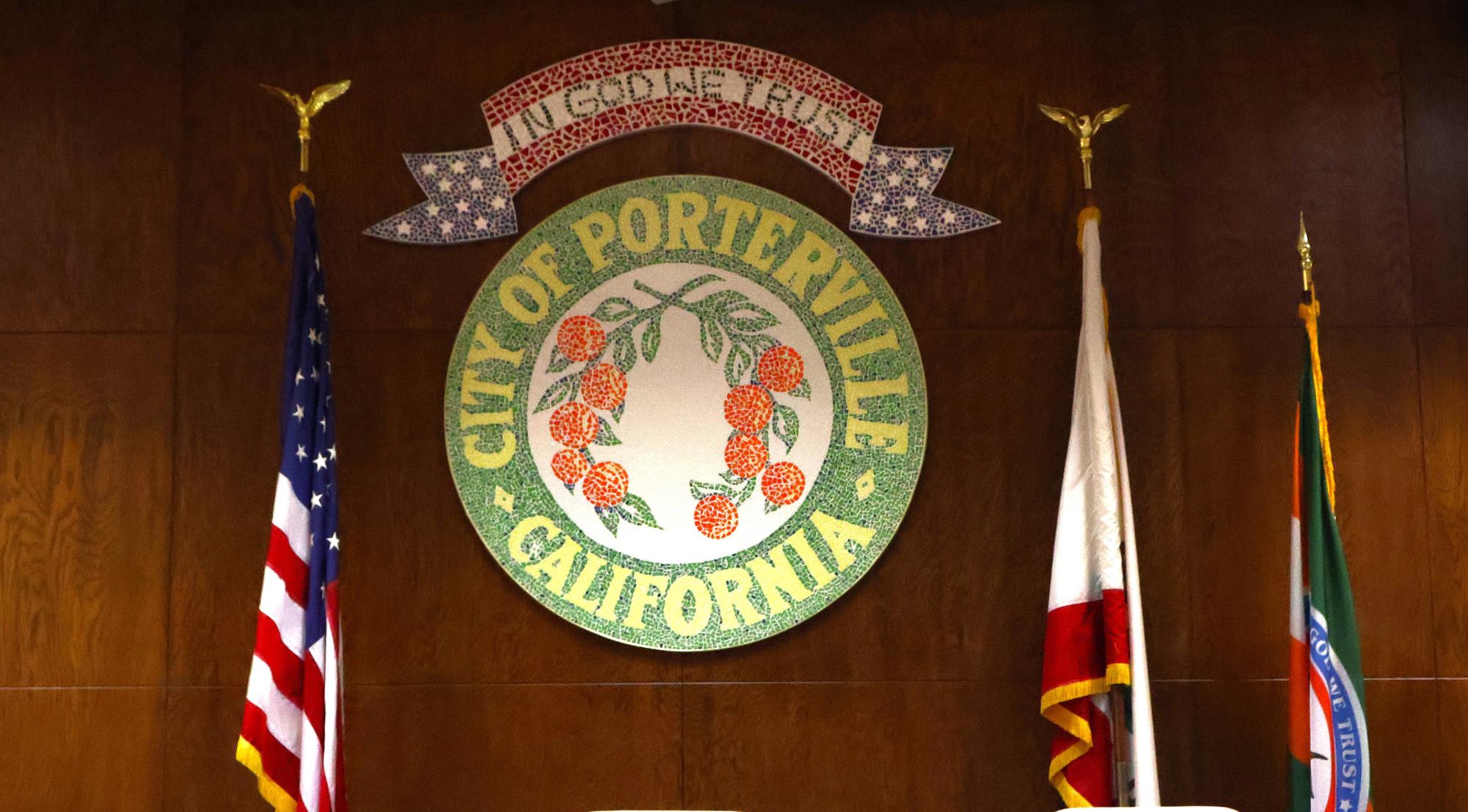
Moving away from the obvious national elections, real change begins locally. These elections are overshadowed by national elections but are the ones that directly affect your day-to-day life, having an immediate and personal impact.
Local elections play a crucial role in ensuring that the needs and values of the local community are represented and addressed. These local offices unite the community, creating a closer connection between voters and their local government. Local leaders are more accessible than national representatives, allowing local voters to talk directly with those who make decisions.
These elected offices are the ones who make decisions about school funding, public safety measures, infrastructure, public transportation, and community services. These decisions directly affect the community, that’s why it’s important to participate in local elections. Most of the time, national change starts at the local level.
“These offices have an impact on your everyday life. How money is spent in schools? What are those school rules?” Flores said. “Tax rates for homes and properties, local laws, local police, or county sheriff’s office, availability of health care, animal control, roads, availability of water and power.”
Depending on your location, there are many local offices up for election. These include but are not limited:
- Hospital boards
- Local school boards
- County board of education
- College board of education
- Local judges
- Local city councils
Local elections are as important as or more important than national elections. Understanding the role local elections play in your life is crucial to understanding the community around you. By participating in not just national elections but local elections, voters empower themselves to take an active role in helping shape their community, leading to a flourishing community.
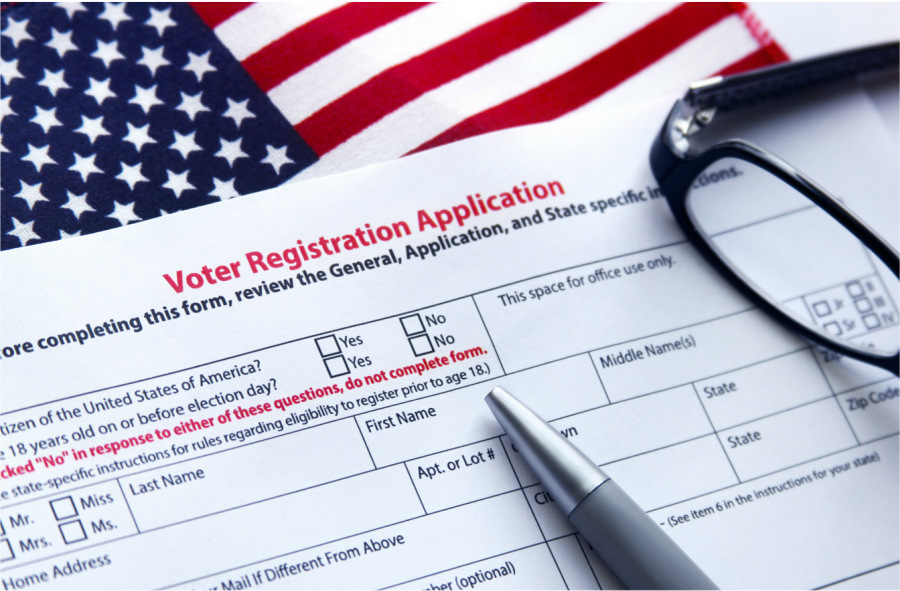
For students turning or are already 18, it could be challenging to navigate the adult world, especially when registering to vote. Don’t worry though. This is the process on how to register to vote.
Who can register to vote? First, you need to learn if you meet the requirements to vote in federal, state, and local elections.
- Must be a United States citizen
- Must be 18 years old or older on Election Day
- Not currently serving a state or federal prison term for the conviction of a felony
- Not currently found to be mentally incompetent to vote by a court
These requirements differ in every state but in the state of California, these are the requirements to be eligible to register. To learn more about each state’s requirements, you can visit usa.gov.
Now that you know the requirements; how, when, and where to register to vote? Let’s focus on the state of California.
You can register to vote online, by mail, or in person at your local election office. But don’t forget that there are voter registration deadlines.
- Online registration deadline: Oct. 21, 2024
- Register by mail deadline: Must be postmarked Oct. 21, 2024
- In-person registration deadline: Tuesday, Nov. 5, 2024
Unfortunately registering online has ended for this upcoming Election Day. However, registering to vote online can be done at home. To register online you will need: your California driver’s license or California Identification card numbers, your social security numbers, and your date of birth. After gathering your documents, visit the California Voter Registration page.
After you complete the online form, your form will be sent to your local California Department of Motor Vehicles to retrieve your DMV signature.
Registering by mail has also unfortunately ended. Registering by mail is almost the same as the online form. You need the same documents. Visit the California Mail Voter Registration page, and fill out the form. When finished, you will need a printer to print out the required forms. Sign the forms and mail them to your local election office.
Registering in person is a bit different. You can pick up a voter registration application at your county election office, library, Department of Motor Vehicles, or United States post offices. Make sure you fill out the form completely and be postmarked if mailing, or hand-delivered to your county elections office at least 15 days before the elections.
If you miss all the voter registration deadlines, don’t worry, there is one more way. Same-Day Voter Registration, also known as Conditional Voter Registration, is the process to register on Election Day.
To complete this process, on election day you must head to your county election office, polling place, or vote center. There, you will register and vote, your ballot will be processed once the election office has completed the voter registration verification process.
“If you have friends, encourage them to go online and register at 16 so by the time they turn 18, they’re in,” Flores said.
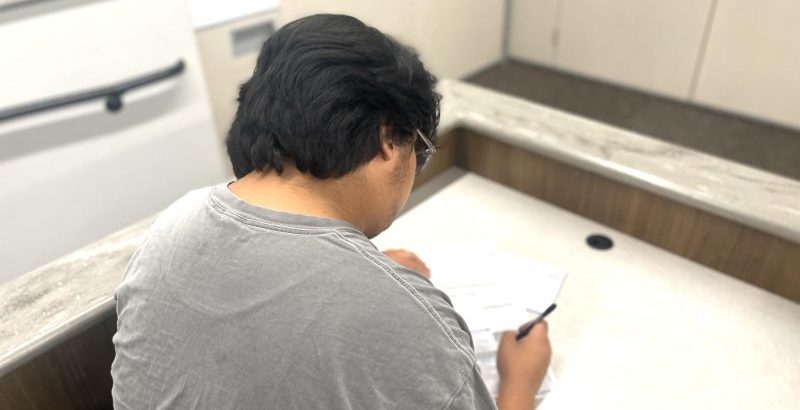
Registering to vote was the hardest part of the process, now you need to learn where and how to vote. There are three ways that you can vote in an election: voting on election day, early voting, and vote-by-mail.
Voting on election day is the standard. You go to your local polling place and vote. Don’t know where your local polling place is? Visit California’s Polling Place Finder, here you can enter your address and see the polling places nearest to you.
Early voting is the process of voting early, hence its name. Voting early is more convenient for those who won’t be able to vote on November 5. One or more early voting locations will be available in all counties, make sure to visit California’s Polling Place finder, where you can also see early voting locations.
Voting-by-mail is voting by a ballot that was mailed a few weeks before the election. If you were already registered to vote, California will send your ballot through the mail. When you get your mail-in ballot, make sure you follow all the instructions carefully. After you mark your ballot you can return your ballot by mail, in person, or to a drop box.
Before filling out a ballot, Flores has some advice for young voters.
“Fact check,” she said. “That is so important. I’m sure you can find what’s true and not true … You should become a critical reader and researcher.”
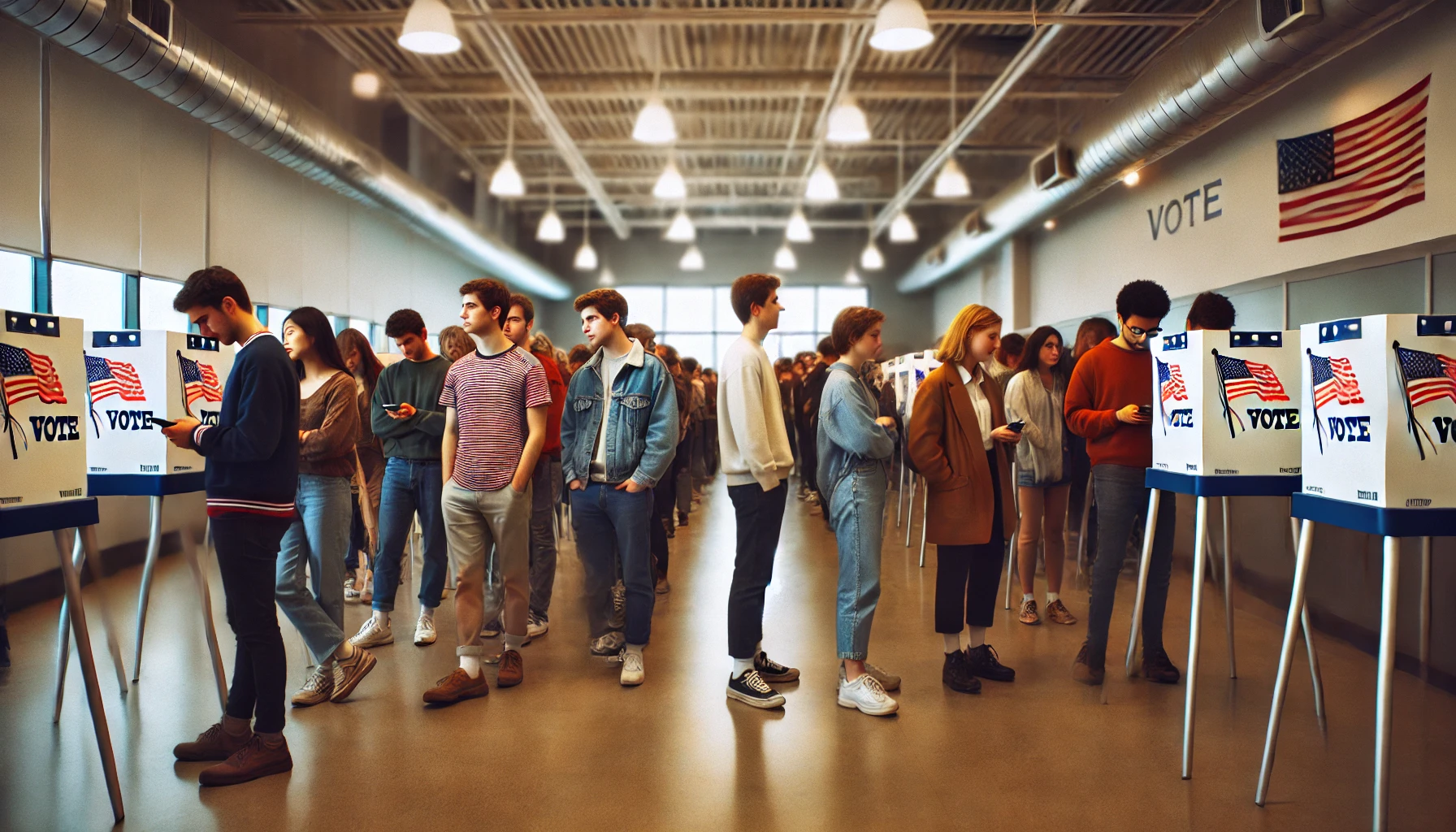
Exercising the right to vote is so important because it is one of the few ways citizens have to influence their government and hold their leaders accountable. By voting, people choose those who shape laws, allocate resources, and address social issues, ensuring the government reflects their needs and values.
“I’m not going to vote.” These words come out of millions of people every election, especially from young registered voters.
“The research estimates that young adults ages 18 to 34 make up 31 percent of the population, but only 18 percent of likely voters,” said Flores. “While adults ages 35 to 54 account for 34 percent of the population and 32 percent of likely voters.”
Young voters have the power to change the outcome of national, state, and local elections. Voting shapes decisions on issues that affect young voter’s daily life. Young voters are the future of the world, they inherit the world of the last generation, and they will determine the state of the world they inherit.
Still don’t know if you are going to vote? Be a critical reader and a researcher. Look at all the sources provided and take your time on what to decide. Look at the issue more broadly; do not take one side immediately. Be open-minded to the topic.
Fact-check all your information, especially in the digital age. Misinformation can spread like wildfire on social media platforms. It’s the voter’s responsibility to combat misinformation. Vote by facts, not promises.
Young voters are the future of their community, state, and nation. The decisions made now, affect them for decades. Don’t let older generations shape your future.
“Have a say in your future,” Flores said. “I’m going to leave you with a 4-letter word. VOTE.”
Your donation will support the student journalists of Granite Hills High School. Your contribution will allow us to purchase equipment and cover our annual website hosting costs.

